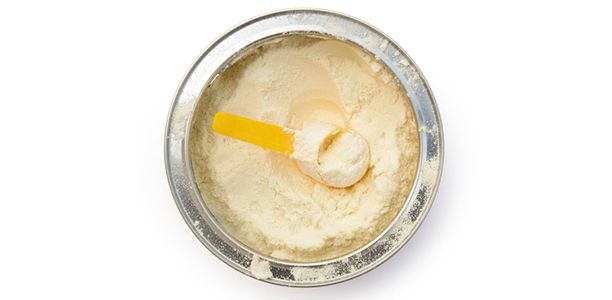The recent baby formula shortage in Australia highlights the unethical marketing practices of infant formula manufacturers across the world, according to an infant feeding expert from Western Sydney University.
Dr Karleen Gribble, from the School of Nursing and Midwifery, researches in areas including breastfeeding, infant feeding in emergencies and the marketing of infant formula.
She says the recent shortage of infant formula in Australian supermarkets, sparked by individuals snapping up vast supplies for grey-market export to China, shows how persuasive and misleading marketing claims have dramatically changed infant feeding practices in China, to the detriment of mothers and babies.
“Infant formula sales in China have increased by more than ten fold in the last decade as parents seek to enhance the prospects of their child,” she says.
“The one child policy has meant that two parents and four grandparents may see a single baby as holding the future of their whole family. They are prepared to do everything to ensure their one precious baby has a successful life” she says.
“Formula marketers have tapped into this desire to falsely claim their products enhance brain development and health. Child prodigies and sports stars abound in marketing campaigns, and hospitals are recruited to promote formula brands to new mothers in hospitals.”
Dr Gribble says Australian formula manufacturers have cultivated a “clean and green” image to differentiate themselves from products manufactured in China, and the current formula shortages in Australia suggest that they have been successful.”
“China used to have a strong breastfeeding culture which had protected the health and development of babies – this culture has been decimated in recent years and formula feeding has become normal practice,” she says.
Dr Gribble says the change in infant feeding practices is harming babies.
“Babies that are formula fed are much more vulnerable to becoming seriously ill with infections, even in the best of circumstances,” she says.
“In a country like China, where there is still much poverty and an undeveloped health system, many infants will unnecessarily die as a result of not being breastfed”
Dr Gribble says it’s not only Chinese parents who are persuaded by misleading advertising- it is also a problem in Australia.
She says current restrictions on formula marketing in Australia only relate to formula designed for children under the age of one, meaning companies are able to make whatever claims they like with formula for older babies.
“Misleading claims that toddler formula promotes the health and development of children abound,” she says.
“These products are packaged and branded identically to infant formulas and parents do not easily distinguish between the two. What this means is that parents in Australia are prey to some of the same practices as parents in China.”
“The agreement regulating the marketing of infant formula in Australia is currently being reviewed by the ACCC. Health advocates are alarmed that it appears that the status quo is going to be maintained.”
(Source: Western Sydney University)











